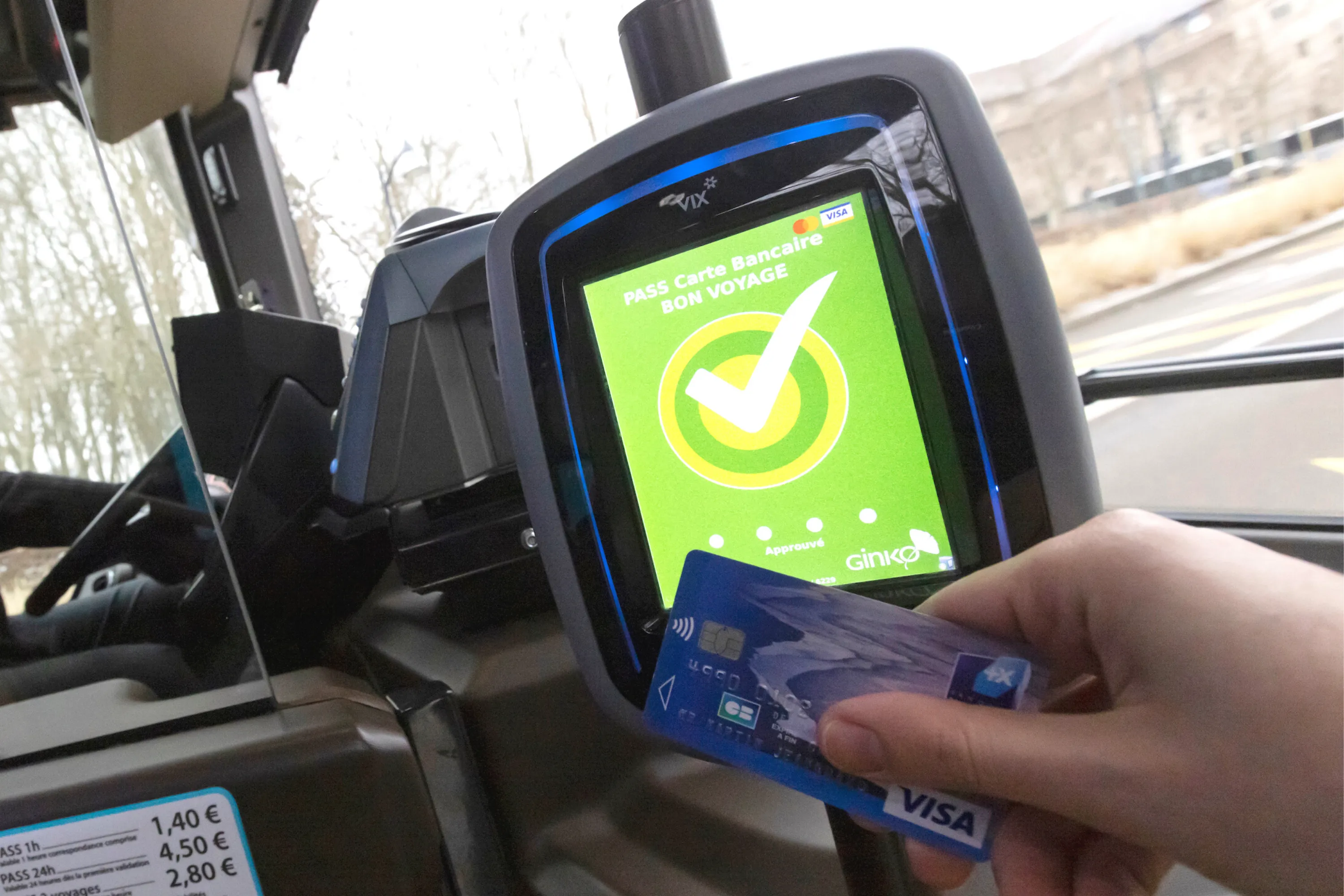Currently, 120 officers have been trained on this new POS solution and the number is set to increase in the near future. This new system will coexist with the previous one in order to allow drivers who are not equipped with a credit card to still pay their fines.
The EFT930 series combines a choice of rapid communication and connectivity options with 32-bit ARM 9 processing and state-of-the-art security. It allows any mobile payment method, including contactless, and smart and magnetic card readers, large backlit keypads and displays, rechargeable batteries, plus fast printers.










